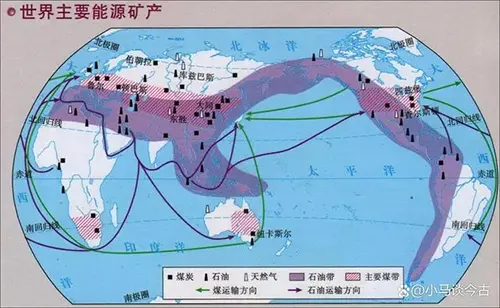Table of Contents
Mineral resources have played a crucial role in shaping human civilization. From the construction of ancient cities to the development of modern technology, these natural assets have been at the core of human progress. With over 3,000 known minerals, countries rich in these resources hold strategic advantages on the global stage. This blog will explore the top 10 countries with the richest mineral resources, shedding light on their importance and economic impact.
1. Russia
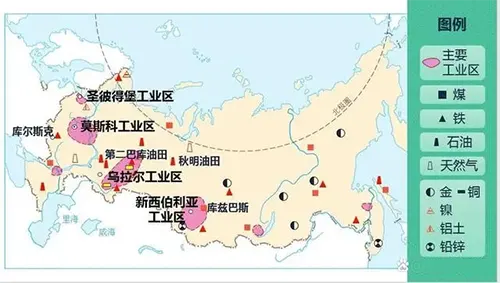
Russia stands tall as the world’s largest country by landmass, covering an astounding 17.1 million square kilometers. This vast expanse is home to an incredible variety of mineral resources, making Russia the undisputed leader in global reserves. The country holds 37% of the world’s mineral resources, including dominant reserves in black and non-ferrous metals, non-metallic minerals, diamonds, and precious metals. Russia’s reserves of timber, natural gas, diamonds, iron ore, antimony, and tin are world leaders. In addition, its coal, rare earth elements, aluminum, gold, and uranium reserves rank second or third globally.
Russia’s resource wealth is valued at an astonishing $92 trillion, making it the most resource-rich nation on the planet.
2. United States
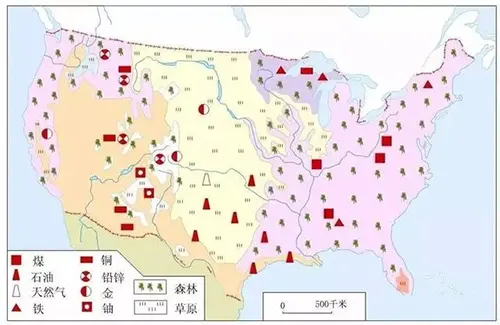
The United States, with its 9.63 million square kilometers, is not only a significant global power but also a treasure trove of mineral resources. The U.S. is a major producer and consumer of mineral resources, with a substantial share of the world’s total reserves. The country holds 32% of the world’s coal, making it the leading coal reserve globally. Additionally, it ranks highly in rare earth elements, copper, fresh water, natural gas, and gold reserves.
The estimated value of the U.S.’s mineral resources is around $59 trillion.
3. Saudi Arabia
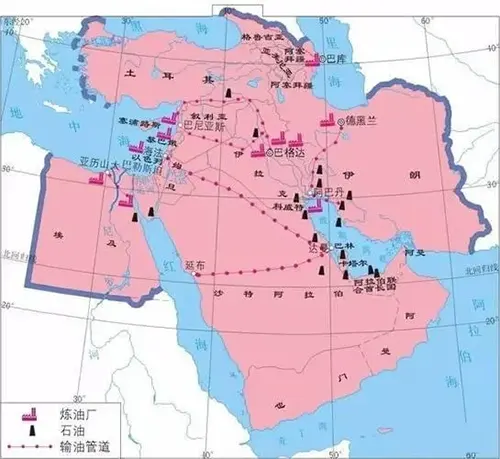
Saudi Arabia, often referred to as the “Kingdom of Oil,” is a major player in the global energy market. The country’s 2.25 million square kilometers are rich in oil and natural gas, placing it as the top producer of oil worldwide. Saudi Arabia’s mineral resources include gold, silver, copper, iron, bauxite, and phosphate, contributing significantly to its wealth.
The total value of Saudi Arabia’s mineral resources is estimated at $47 trillion.
4. Canada
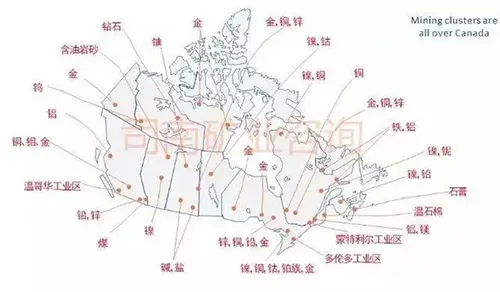
Canada, covering 9.98 million square kilometers, is known for its vast and diverse mineral resources. The country is a leading producer of over 70 different minerals, with top positions in indium, potash, sulfur, oil, nickel, niobium, tungsten, asbestos, uranium, cadmium, selenium, gypsum, and many others. Canada’s mineral resources are integral to its economy, with exports playing a significant role in trade.
The value of Canada’s mineral resources stands at approximately $43 trillion.
5. Iran
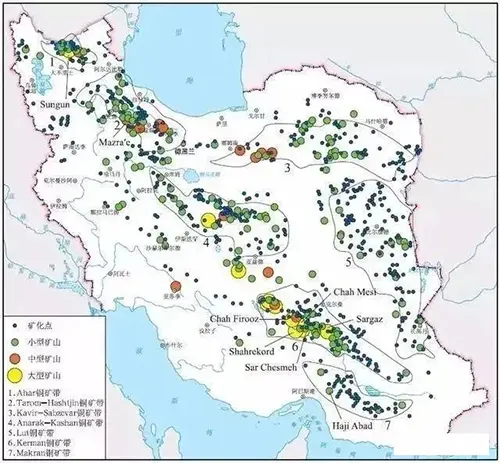
Iran, with a land area of 1.64 million square kilometers, is rich in a variety of mineral resources. The country holds 10% of the world’s oil reserves and ranks second globally in natural gas reserves. Iran is also a significant producer of zinc, iron, copper, chromium, gold, manganese, antimony, lead, boron, barite, and marble.
Iran’s mineral resources are valued at an estimated $39 trillion.
6. China
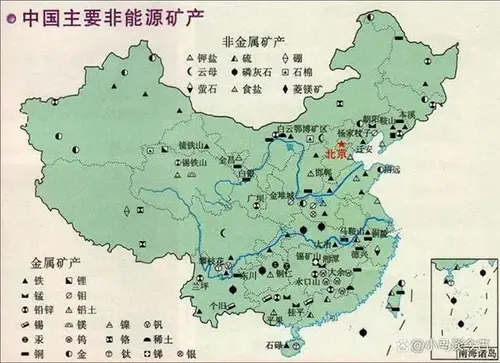
China, the third-largest country by land area at 9.6 million square kilometers, boasts one of the most diverse and abundant collections of mineral resources in the world. The country leads globally in the production of tungsten, antimony, rare earth elements, molybdenum, vanadium, and titanium. Additionally, China has substantial reserves of coal, iron, lead, zinc, copper, silver, mercury, tin, nickel, phosphate, asbestos, and other minerals.
The estimated value of China’s mineral resources is around $36 trillion.
7. Brazil
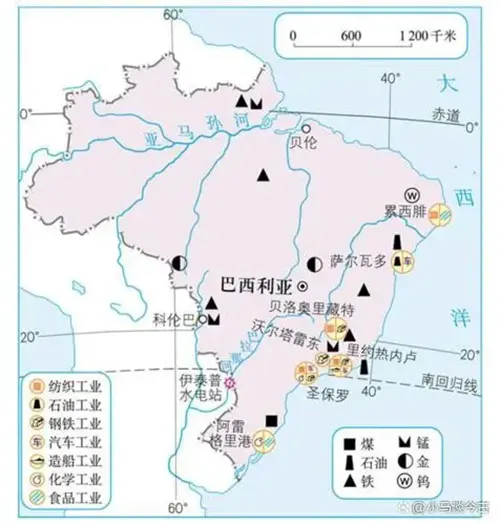
Brazil, with 8.51 million square kilometers of land, is South America’s leader in mineral wealth. The country’s mineral resources are vital to its economy, with exports of oil, iron ore, manganese, niobium, tantalum, nickel, tin, zinc, lithium, bauxite, graphite, kaolin, talc, vermiculite, magnesite, and many others playing a critical role. Brazil’s position as the leading producer of niobium and a major supplier of graphite, bauxite, and manganese makes it a key player in the global mineral market.
Brazil’s mineral resources are valued at approximately $34 trillion.
8. Australia
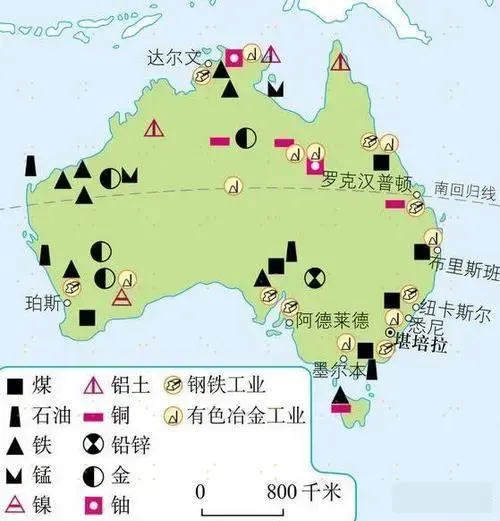
Australia, spanning 7.61 million square kilometers, is often called the “Land Down Under” and is known for its abundant mineral resources. The country is the leading exporter of several minerals, including bauxite, iron ore, coal, lithium, manganese, nickel, silver, uranium, zinc, and more. Australia’s mineral wealth is a cornerstone of its economy, contributing significantly to its GDP and export earnings.
The value of Australia’s mineral resources is estimated at $32 trillion.
9. Venezuela
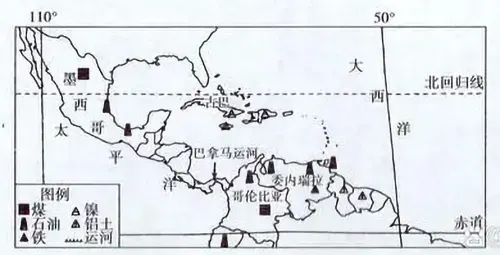
Venezuela, covering 0.92 million square kilometers, is renowned for its vast oil reserves, which are among the largest in the world. The country’s mineral resources extend beyond oil, with significant reserves of iron, aluminum, nickel, gold, diamonds, coal, copper, lead, zinc, vanadium, titanium, phosphate, gypsum, feldspar, barite, asbestos, and various clay and rare earth minerals.
Venezuela’s mineral resources are valued at around $29 trillion.
10. Iraq
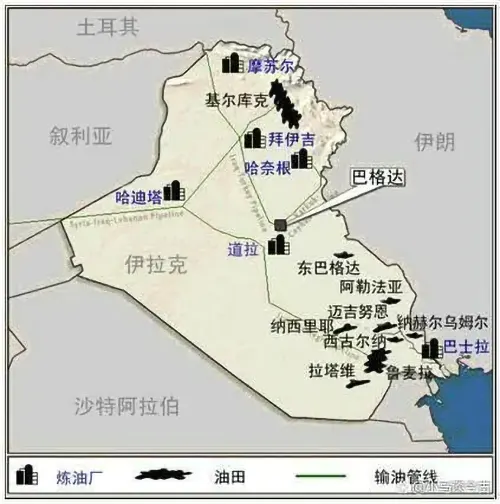
Iraq, with a land area of 0.44 million square kilometers, is primarily known for its oil industry. The country’s oil reserves rank fourth globally, making Iraq a pivotal player in the global energy market. Additionally, Iraq’s natural gas reserves rank tenth worldwide, contributing to its substantial mineral wealth.
The total value of Iraq’s mineral resources is estimated at $29 trillion.
The Global Impact of Mineral Resources
Mineral resources are the lifeblood of modern economies. The countries listed above control a significant portion of the world’s mineral wealth, giving them strategic advantages in global trade, politics, and development. These resources are not just about economic power but also about national security, as control over essential minerals can determine a country’s ability to sustain its industry and military capabilities.
Conclusion
Understanding the distribution of global mineral resources helps highlight the economic and geopolitical importance of these countries. As demand for these resources continues to grow, the countries rich in mineral resources will play an increasingly vital role in the global economy. From powering industries to securing national interests, mineral resources remain a key driver of human progress.
Related Links
Which Countries Have The Most Natural Resources In The World?

